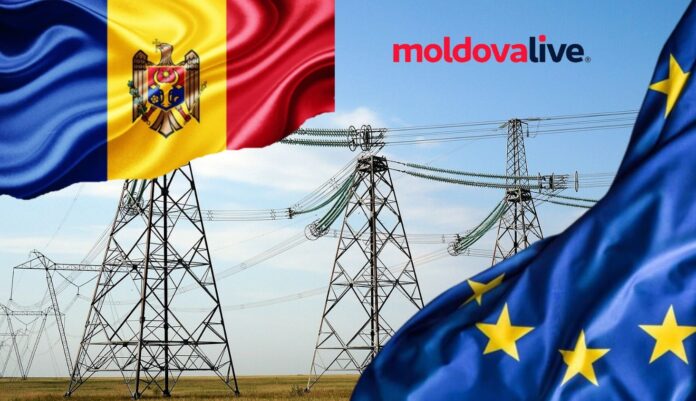The European Bank for Reconstruction and Development (EBRD) has officially launched the international bidding process for the construction of a 400 kV overhead power line between Balti (Republic of Moldova) and Suceava (Romania), a key infrastructure project aimed at strengthening Moldova’s energy security and integration into the European electricity market.
The project, part of Moldova’s national strategy to interconnect with the European energy network ENTSO-E, is designed to improve system stability, reduce reliance on vulnerable energy sources, and promote the integration of renewable energy. The deadline for submitting bids is September 15, 2025, according to BANI.MD.
The EU will provide a €15.4 million grant, the European Bank for Reconstruction and Development (EBRD) will issue a €30.8 million loan, and the European Investment Bank (EIB) will offer a matching contribution to finance the project, which has a total estimated cost of €77 million.
FOR THE MOST IMPORTANT NEWS, FOLLOW US ON TWITTER!
The new 400 kV transmission line will stretch 48 kilometers and cross 12 localities in the districts of Glodeni, Falesti, Riscani, and the municipality of Bălți. It will run from the Balti Electricity Station to the interconnection point with the Romanian grid near Suceava. The project involves the installation of 145 metal towers, including 21 tension structures and 124 intermediate pylons.
In addition to the transmission line, the project includes the modernization of the existing Balti 330 kV substation and the construction of a new 400 kV substation, designated as a project of public utility and national interest.
In 2027, authorities will complete construction of the Balti–Suceava power line. Once finalized, it will enhance Moldova’s cross-border interconnection capacity alongside the Isaccea–Vulcanesti–Chisinau and Straseni–Gutinas transmission lines. It will boost Moldova’s ability to import and export electricity, facilitate integration into the European single market, and increase the resilience of the national energy system.


